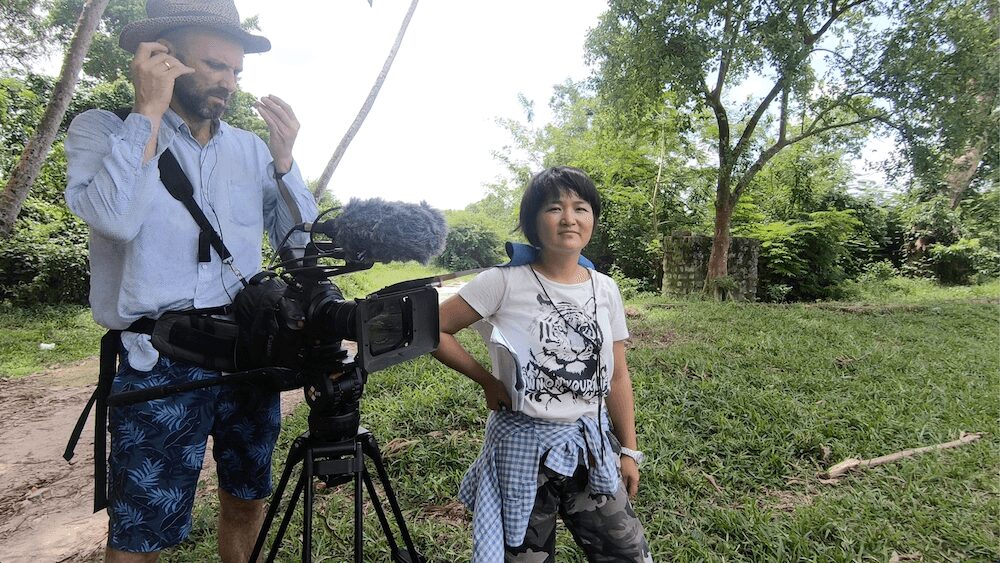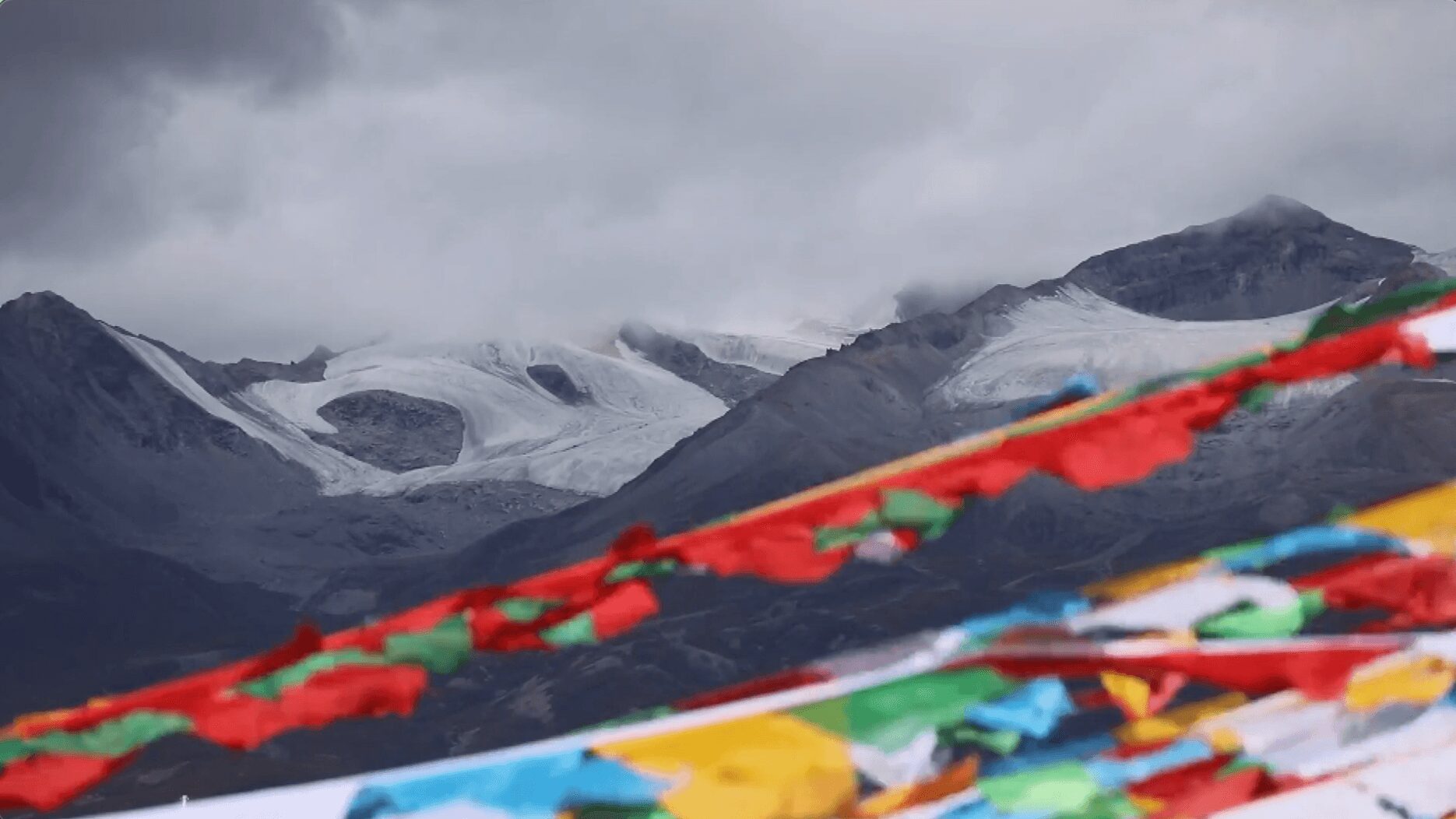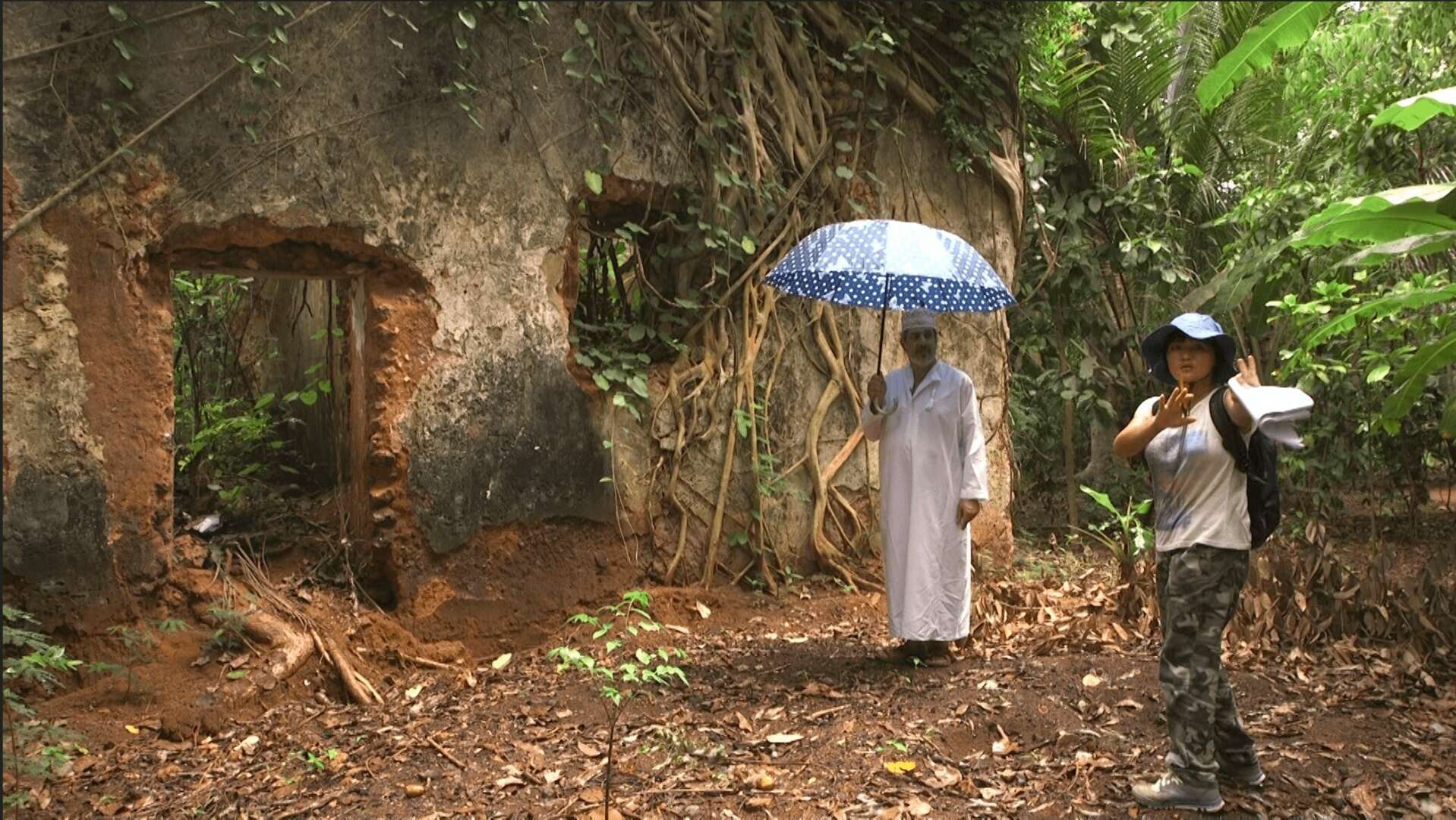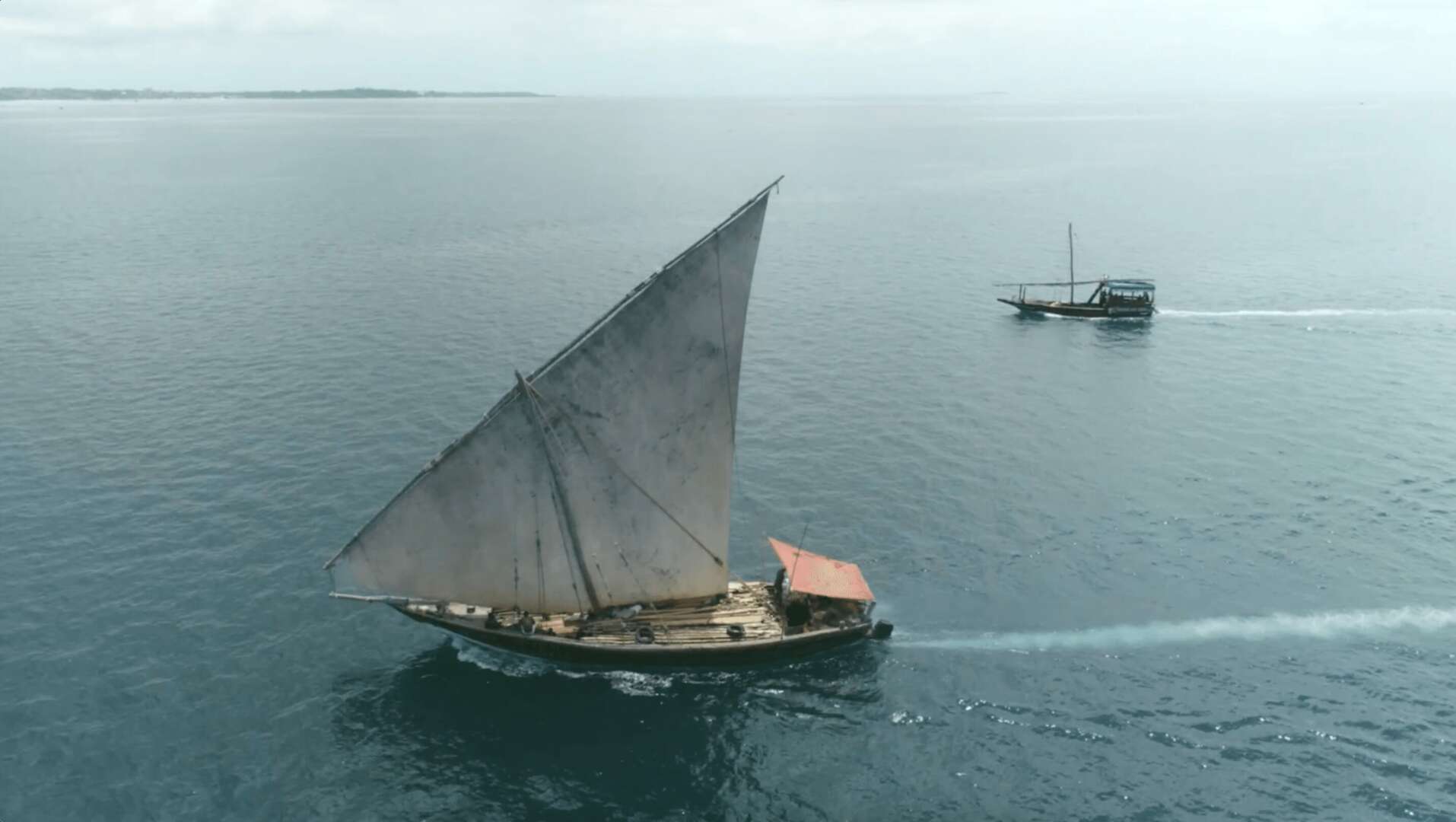Alright – so today we’ve got the honor of introducing you to Yingna Wu. We think you’ll enjoy our conversation, we’ve shared it below.
Hi Yingna, thanks for joining us today. Earning a full time living from one’s creative career can be incredibly difficult. Have you been able to do so and if so, can you share some of the key parts of your journey and any important advice or lessons that might help creatives who haven’t been able to yet?
Yes. I earned my full-time living as a documentary producer/director for China Global Television Network.
I studied English literature at school and had no idea of what’s filmmaking. I started my job at the TV station as a junior editor. I carried the costumes and shoes for the anchor. I operated teleprompters and edited trailers.
Four years into the job, I discovered my passion for directing documentaries. I bought my first luxury, a DV camera, and made my first indie film about Beijing drifters. I applied to a director’s position using the film as my portfolio and was accepted.
Hence I became a documentary director/producer for 5 years for the TV station, traveling extensively across China, filming its people and social change.
In 2011, I applied for a position in the company’s African subbranch. I worked as the series producer /chief editor/director for the documentary series “Faces of Africa”. Partnering with film production companies in Africa and Europe, I produced 200 episodes across 30 countries featuring a wide range of characters from street children of Rwanda to Nelson Mandela.
The content has been recognized across the globe by organizations including UNESCO, The Independent, SAGE Journal, Outside Magazine, The Borgen Project, Gapeli Action Platform (Geneva), Culture of Peace News Network (France), The African Travel and Tourism Association (London), Villanova University, the University of Padova (Italy), and University Leiden (The Netherlands).
In 2015, I directed the documentary “When Chinese Meet Zambians” garnering 2.9 million views on YouTube. In 2020, my film “The Island” won “Best Medium Documentary” at the Heritales Film Festival in Portugal.
Looking back, I could have sped up the process after discovering my passion for filmmaking. I could have made more short films, engaged more in the filmmaking community, watched more films, and done more self-learning.

Awesome – so before we get into the rest of our questions, can you briefly introduce yourself to our readers.
I was born in a small town in southeast China. I was the first generation to be admitted to College in my family. I was only 15 when admitted. After graduating from college at 19, I pursued graduate study at a top university in Beijing. The degree landed me a job at China Central Television Station.
Since then I embarked on a journey of self-discovery. I kept on learning journalism, and TV production on the job and never stopped asking myself what I really wanted, and where my true talent was. From a very young age, I understand my path is going to be different from many people. I bought my first camera at 27 and made my first indie film. That’s the pivotal moment of self-discovery.
I never worked in the same job for too long as I am always looking for new opportunities for growth. I changed my position from an editor to a director and moved my career from China to Africa. It’s like opening new doors for myself so I can see a new horizon.
I have never stopped learning after school. At school, one learns from books and instructors. I learned filmmaking entirely from work. I gained extensive life experience and insight of life by traveling and interviewing people from all walks of life.
I have never stopped being curious. I love hearing people’s stories, observing, and reflecting on life, which prepares me to become a powerful storyteller.
I do not let myself get distracted or lost. I am not a follower of popular trends unless they are healthy and helpful to stimulate my creative mind and gain new knowledge.
I have never lost connection with Nature, the source of inspiration, and healing. I constantly go to the wild to recharge my battery. I touch trees and talk to butterflies to connect with their energy.

Is there mission driving your creative journey?
Yes. Since a very young age, probably around 9 or 10, I loved telling stories. I loved writing and composing fiction. I wrote on my online blog and many readers were attracted saying my writing is original, fresh, and often inspiring.
My first indie film was about young people struggling to realize their dreams in the capital of China. In 2020, I directed a documentary about wildlife conservation on the Tibetan Plateau, known as “Roof of the World”. Every crew member was hit by high-altitude sickness, including myself. I made the film despite all the harsh natural conditions and physical challenges. The film has been widely applauded and claimed as spiritual and inspirational.
I spearheaded the documentary series, “Face of Africa”, attracting millions of viewers around the globe. Many people commented that the content is authentic, giving Africa a voice unheard of, and making them feel proud of being African.
I always believe I have a mission to inspire, to share the beauty and truth of this world to my audience, like a sun ray dancing on their roof.

What do you find most rewarding about being a creative?
The most rewarding aspect is being able to see the truth, touch people’s heart and soul and make a difference in their lives.
Imbued with intuition, independent thinking, and conscientiousness, an artist is like an ambassador between the Truth and the World. They are the guides to the right direction.
Contact Info:
- Website: https://helenaspace.com
- Linkedin: https://www.linkedin.com/in/helena-wu-3983562ab/
- Twitter: https://x.com/DolphinHelenaWu
- Other: https://www.allianceofwomendirectors.org/find-a-director/director/yingna-wu/
https://pro.imdb.com/name/nm11202406

Image Credits
Wang Min, Neil Brandt, Zhao Lei


